The Celwyn Newsletter Issue 8
In this issue: book recommendations, articles on book searches, book marketing background, a reader’s point of view, and author interviews with:
Historical author, Hillary Tiefer, Louis J. Ambrosio, writer of fictional memoirs, Stephen Bentley, British true crime and mystery writer.
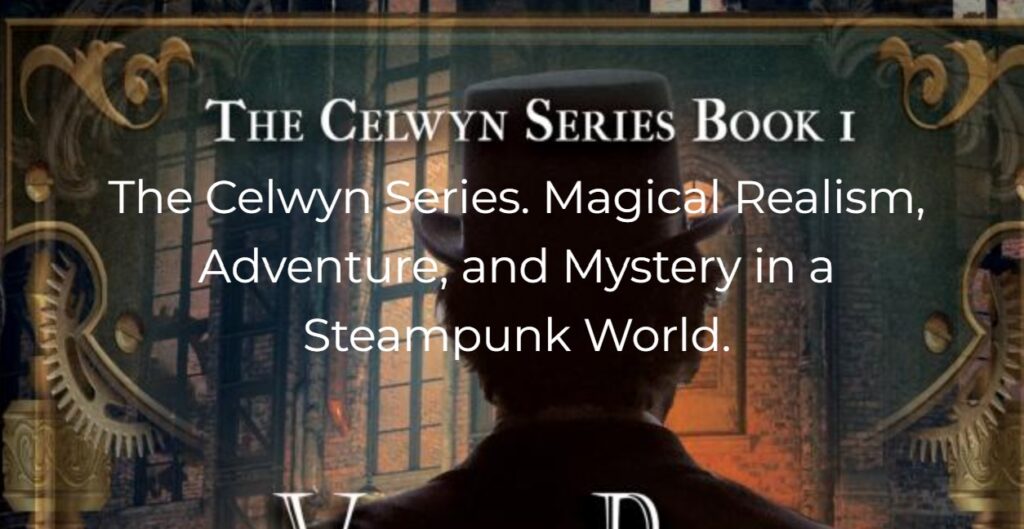
Books Books Books!!! As recommended by friends and a great Goodreads reader group.
These are Thrillers, Mysteries, Cozies, Classics, and Fantasy books with many cross genres thrown in. Every month there will be new books featured. Contact me at https://loukemp.com/ to make your suggestions.
Persuasion, by Jane Austen
Tales of Shakespeare, Charles and Mary Lamb
The Hunger Games, Suzanne Collins
Cloud Hopper, by Beth Kephart
Glass Midnight, by Kayla Eshbaugh
Enola Holmes series, by Nancy Springer
Heartstopper, by Alice Oseman
The Night Crcus, by Erin Morganstern
A Study in Frowning, by Ava Reid
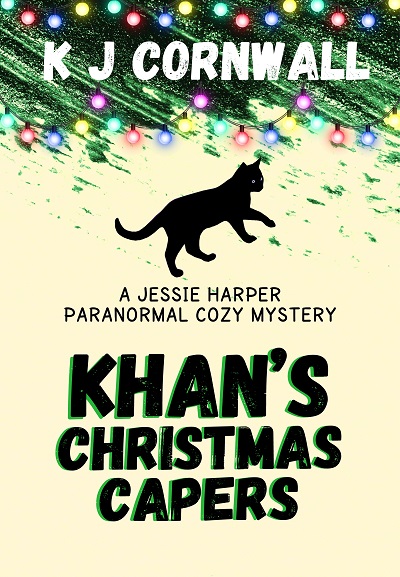
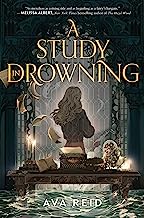

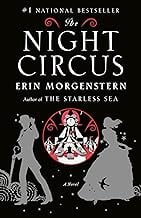
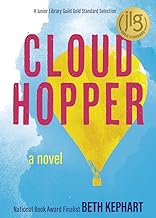
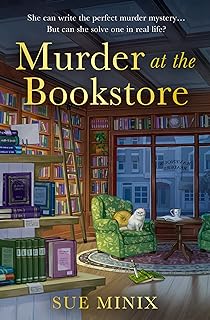
A Reader’s Point of View
This will be an ongoing column, and if you’d like to be interviewed, please let me know!
Questions asked of reader “Peg”
When you are deciding on whether to try a new author, what is the first thing you look for and what makes up your mind to try them?
I look at the subject matter or genre of the book. The book’s synopsis. Once I find an author I like, I’ll stick with him/her, but in the beginning, it’s more about the book or story than it is about the author. You need to pique my interest in the story to make me want to read it.
What genre of books did you like when you were younger that you no longer read, and why?
I read all sorts of books when I was younger, but mostly only read mysteries now. I was once totally hooked on Stephen King and read every book he wrote, but now I can’t because I can’t take the horror and edge-of-your-seat scares that I once could.
Without naming the author, what was the worst book you read and why?
The book I enjoyed the least was Moby Dick. I managed to skirt reading that all through high school and college, then got nailed having to read it when I went on to graduate school. I found that to be a 600+-page book that could have been better had it only been about 400 (or fewer) pages long.
Name the book and author, and what was the best? Did you read other books by this author?
I like Shakespeare’s tragedies. Hamlet’s my favorite. The way he crafted his characters and the story lines he dropped them into amazes me. There was no “tragic flaw” as many say. There was nothing wrong with the protagonists had they been placed in a different story. Hamlet and Othello would have been quite successful had their stories been swapped.
I also like Agatha Christie. Her who-done-its always kept me guessing. Now I’m discovering Lou Kemp who successfully manages to transport me to a different time, which I like.
Do you write reviews? If so, do you spare the author’s feelings or are completely honest? If you could speak for all readers, what would you say is the best approach for a review?
I sometimes write reviews. I’m completely honest, otherwise I wouldn’t write the review, but I do like to think that I’m tactful when I say something that isn’t exactly glowing.
I think the best approach for a review is to (a) be honest, (b) be tactful, (c) even if you didn’t like the book, still try to find something positive to say along with the negative remarks, and (d) remember that everyone’s likes and dislikes aren’t the same as yours, so keep that into account when reviewing. Don’t simply trash the book because you don’t like the author, the genre, the time it’s set in, or other things like that.
Right now, what genre are you into and what is the author in it you want to try? (and why)
I’ve moved on from thrillers to cozy mysteries, but (and this is embarrassing lol) watching The Pirates of the Caribbean movies has gotten me interested in stories that have adventure, mystery, and a touch of magic in them set in a different time. The author I’ve found who fits that is Lou Kemp, and I’ve not been disappointed yet.
Of all the streaming services and regular movies, which of them did you read as a book, and what is your opinion of the video version?
I saw Disney’s animated Aladdin, and had read that story, though not the Disney version of it; the original version from 1,001 Arabian Nights. I liked both, for different reasons, but would have to say I prefer the written version. It transported me to a different place and time; the movie version wasn’t as successful at doing that.
I also read The Poseidon Adventure then saw the movie (the 1972 version). Big mistake. The book was much better. It had more characters, and they were developed better. The same goes for Jaws. The book was better than the movie, though the movie stuck to the story better than the Poseidon Adventure did.
I also like Stephen King’s Salem’s Lot better than the movie version of it. More often than not, I will prefer the book over the movie. Too much gets changed to allow for time constraints or to add drama that didn’t need to be added.
If it’s a well-written story, the scenes come alive in your head. A movie doesn’t allow that to happen. The scenes are already created, and all you can do is see them and accept them.
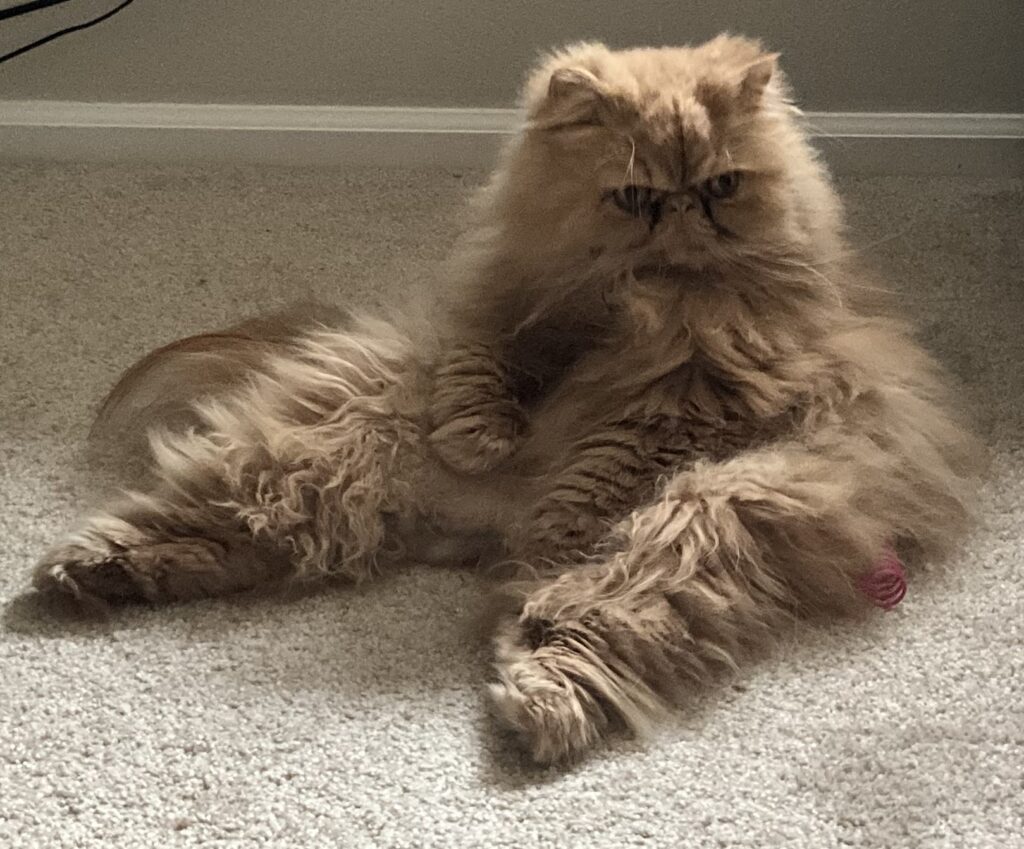
This is Wolfie. She has writers block.
Interview with Louis J. Ambrosio
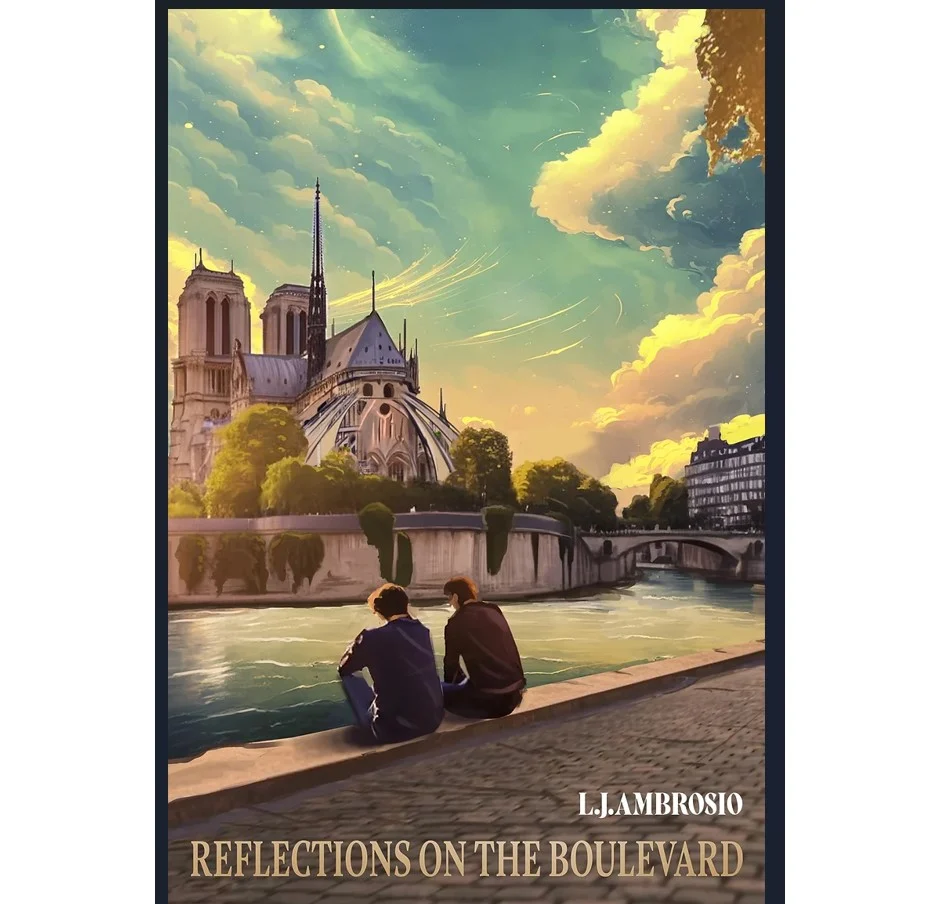
Louis J. Ambrosio ran a successful bi-coastal talent agency in Los Angeles and New York. He started his career as a theatrical producer, running two major regional theaters for eight seasons. Later, Ambrosio taught at universities and also distinguished himself as an award-winning film producer and novelist over the course of his career. He can be reached at www.ljambrosio.com
1. How much resistance in the publishing world have you found against your genre of books?
In publishing I have not found much resistance, but have found some in my style of telling the story. In the stream of consciousness writing, I use multiple points of views from other characters in the novel, including the main character, which lets me dwell deeper in the psychological points of the novel. This method of writing was used successfully by James Joyce and originally developed by Virginia Woolf. America’s favorite, J.D. Salinger, used many points of view consistently throughout “Catcher in the Rye.”
2. When you do research, what tools do you use?
When I research, I use original sources, newspapers, magazines, interviews, all original sources. I do not use secondary sources. If I were writing a historical mystery, I would recommend newspapers and periodicals, any primary source. I would not recommend hearsay.
3. If you were to write in another genre a few years from now, what would it be?
In the future I will stay with the same genre; Coming-of-age. That genre is an incredible instrument for the younger reader as well as the older reader in life lessons.
4. How much do you put yourself in the shoes of the reader? Do you hear anything from them on where they want the series to go?
I often put myself in the shoes of the reader, but I mainly put a lot of my personal life into the novels. I sometimes listen to where readers want to go with the story but usually I try to just guide the reader and throw in a little red herring here and there.
5. What happened when you killed off one of your characters? Or were you unable to do it?
Yes, I have killed off a few of my characters in my novels. When one of the main characters in “Reflections on the Boulevard” died, it allowed his young friend to fully understand love. In the third book, “Exiles” the love he has for this individual became totally clear and solidified.
6. What do you think new authors should decide first before they begin their book? Should it be who they are writing for (themselves or their audience)?
I believe the young author should write for humanity, how their (one person’s life) has a deep routed understanding of humanity and the human condition. In that realm, truth gives birth to freedom in the individual.
In Ambrosio’s A Reservoir Man (2022), Michael’s story continues. He is teaching at a university and ready to retire when he unexpectedly meets a young man named Ron who becomes his protege. They travel in a haphazard adventure throughout America and Europe where each twist and turn of the road brings unexpected adventures. The journey taken is one of joy, friendship and discovery.
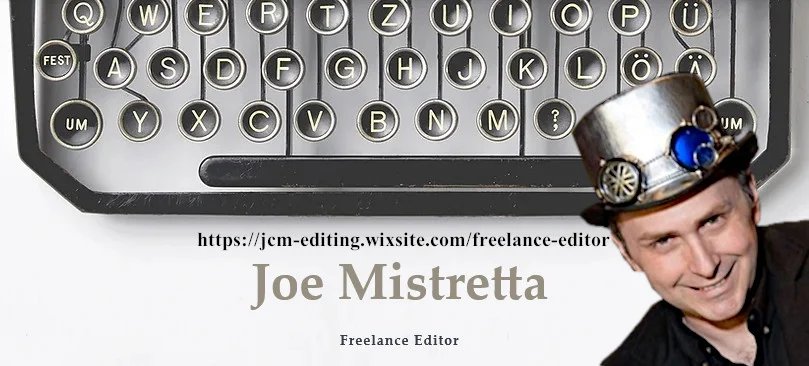
Authors spend countless hours filled with blood, sweat, tears, caffeine, and wine while writing their books.
Trying to find the right editor can be just as stressful. With the holidays around the corner, I want to extend an offer to do a complimentary 10-page edit of your manuscript. Why would someone do this, you ask? Establishing new relationships is hard. Editing is costly, and spending your hard-earned money with the right person is something that should also be earned … by a potential new editor.
If you are looking for that new someone, please feel free to email me the first 10 pages of your manuscript (formatting specs below) and I will send you back edits free of charge. If you like what you receive and want to continue working with me, then hooray!
Formatted as follows. 8.5 x 11 page size with 1-inch margins all around. Lines double-spaced. Times New Roman 12-point font. Saved as a .docx Email to [email protected] Subject 10 Page Holiday Offer. I will gladly look over your manuscript and get it back asap!
Interview with historical author Hillary Tiefer
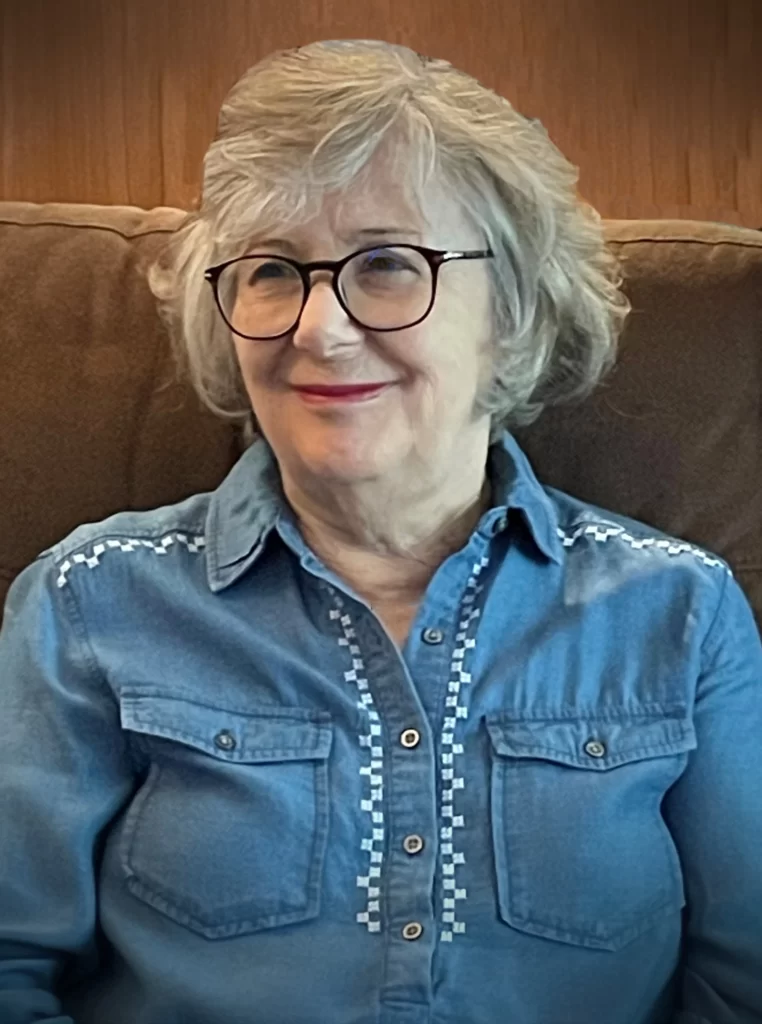
Hillary Tiefer’s Bio:
I have a PhD in English and have taught at various colleges. My short stories have been published in literary journals, including Descant, Red Rock Review, Mission at Tenth, Blue Moon Literary Review, Gray Sparrow Journal, Poetica Magazine, JuxtaProse, Five on the Fifth, The Opiate, The Manifest-Station, Pennsylvania Literary Journal, and another is forthcoming in Minerva Rising Press’s The Keeping Room.
Interview
1. Does your own reading stay with your genre, or do you have a different genre for yourself (and why)?
I primarily read historical and mystery novels, and I have been writing in both genres. My forthcoming novel, THE SECRET RANCH, is a historical novel. I am now writing a mystery.
2. If you were to write in another genre a few years from now, what would it be?
Because I enjoy reading and writing historical novels and mystery novels, I have decided to combine the two in the future: a mystery novel set in a particular historical time period. I was fascinated by the television production of Perry Mason set during the Depression. I observed how the time period was relevant to the amount of murder and mayhem that existed.
3. Of all of your characters, which is the most like your personality? How much of that is already in your head versus what you want it to be? Would you change the personality of the character to make them more interesting, less violent, more empathetic, etc.
In THE SECRET RANCH I saw aspects of my personality in both the main character, Jean Warner, and in her daughter, Carolyn Goodrich. Jean is capable of intercepting enemy code and is courageous—not my personality traits. However, she and her daughter share vulnerabilities that I can relate to, such as self-doubt and naivete that lead to conflict in the novel. I exploit my traits, perhaps exaggerate them, to make my characters more interesting.
4. What do you think new authors should decide first—before they begin their book? Should it be who they are writing for (themselves or their audience)? Do you have other criteria they should consider?
Before I begin a novel, I ask myself what I would enjoy reading. I not only enjoy reading historical novels and mystery novels I also like literary fiction and women’s fiction. I then proceed with a novel, either historical or mystery (or the combination of the two) and use language associated with literary fiction. The protagonist will be a woman. I realize that commercial fiction has a greater audience but I would not be comfortable writing in a style I don’t enjoy reading.
My novel The Secret Ranch is forthcoming with Histria Books. In it, Jean Warner recalls her experiences during World War II when she is in the Women’s Army Corps and does secret work intercepting enemy Morse Code at Two Rock Ranch Station in California. During this time, she has a humiliating relationship with a soldier. As difficult as it is to dwell on her past, Jean acquires insights that help her strengthen her relationship with her troubled daughter, who has assumed that her mother conducted her life perfectly.
My author website is http://hillarytiefer.com.
An Interview with Rob Southgate: Managing Authors and Their Social Media
An Interview with Rob Southgate: Managing Authors and Their Social Media
Rob Southgate is VP of Marketing and Growth for 4 Horsemen Publications and co-owner of Southgate Media Group. Rob has had various careers throughout his life, both in the creative world, education sector, and the business sector.
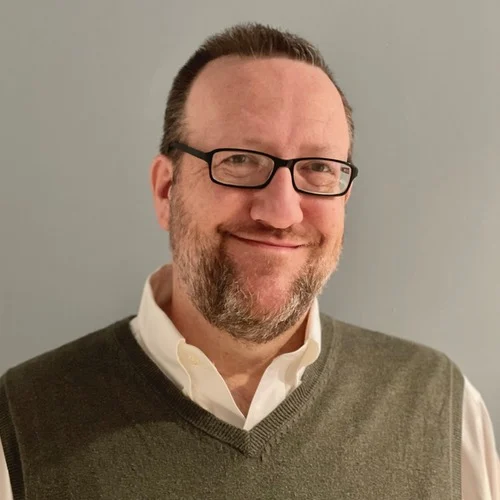
- Describe what you do, and how important it is to authors.
Ultimately, what I do is find creative ways to attract readers to our authors and book lines. More importantly, I teach authors how to market themselves and their books in a way that is painless for them. Marketing is something that most creative people dread, mainly because they feel they need to be an expert to get any attention. I felt that way myself, so I leaned into that fear and got an MBA in marketing so I could truly take control of my own marketing.
I help coach our authors past this fear, to equip them to succeed in ways that they can be comfortable with. I love teaching, coaching, and consulting. Authors and publishers need to sell books, so I help them do that.
- What is an indie author’s best use of any free time they have to promote their books?
Actively market yourself by getting on podcasts or video blogs, going to events where you can sell or network, and work your social media.
The best thing to do is carve out some time for social media and have a plan going into it. I don’t mean exclusively content creation either. Maybe use two hours a week to research what other authors are doing online, join Facebook groups with people who might be interested in your topics, get in conversations online and build a presence before promoting your book. Essentially, use your free time to research and build brand “you”.
- What should an indie author or a traditional author avoid when it comes to marketing?
Don’t be afraid of making a marketing mistake, but at the same time avoid spending a lot to learn what works and what doesn’t. In marketing, it’s all about testing. Try things, and if they don’t work, try something else and don’t obsess over the misstep. Many authors get paralyzed by fear of doing something wrong. They might be afraid of looking foolish or less than.
The reality is no one knows for sure what will work, so jump in, make mistakes, and learn from them. In the classes I teach, I harp on A/B Testing. Try 2 things. See what works. If A works, do that. If neither works, try a different A/B until you get a good result. The biggest mistake I see around testing is people paying a lot for advertising before they really know where their audience is and how they will respond.
- What are your favorite author oriented podcasts and why?
Read Between the Lines, which is hosted by my daughter Molly Southgate. She asks exceptional questions and interviews such interesting people. I love that she gets authors talking about topics other than their latest book. I know it’s expected that I would say Molly’s show, but I genuinely love to listen to it. She’s a great host.
https://podcasts.apple.com/us/podcast/read-between-the-lines…
- What are the podcasts that you can recommend to mystery book lovers? And the same for historical fiction. (this is probably the HAVE TO HAVE question of the bunch)
I listen to a lot of podcasts and have a lot of friends that are podcasters. Naming favorites is a tricky thing for me as I listen to so much and bounce around from show to show. Rather than stick to one show, I tend to follow the authors I am interested in and listen to podcasts that they guest on.
- On a personal note, what is your favorite genre and why?
Today I will say fantasy as I am currently reading a fantasy book. Ask in a week and it might be horror or science fiction or business or literature. My favorite is typically whatever genre I’m currently reading. Whenever I’m asked a question about what is my favorite “_”, I struggle. I love art and can fall in love with most any expression of art that moves me in the moment.
Interview with true crime, cozy, and mystery author Stephen Bentley
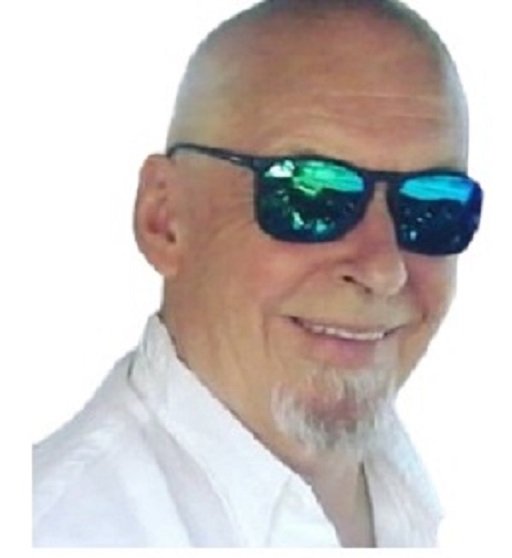
Stephen Bentley is a former British police Detective Sergeant, pioneering Operation Julie undercover detective, and barrister. He now writes in the true crime and crime fiction genres and contributes occasionally to Huffington Post UK on undercover policing, and mental health issues.
He is also known as co-author of Operation George: A Gripping True Crime Story of an Audacious Undercover Sting.
His true crime book, Operation Julie, has been optioned and is in development as an 8-part TV series. This was a large and unique police operation that is also being pitched to broadcasters as a documentary.
Stephen is a member of the UK’s Society of Authors and the Crime Writers’ Association.
With Dominic Smith, he also writes as part of a team in the Undercover Legends series under the pen name of David Le Courageux. Stephen also writes cozy mysteries in the pen name of KJ Cornwall.
Stephen Bentley’s Latest Book
Khan’s Christmas Capers: Another thrilling suspenseful Jessie Harper cozy mystery (A Jessie Harper Paranormal Cozy Mystery Book 2)
Synopsis: Amateur sleuths Jessie Harper and George Jenkins, of the Dale Street Private Investigations Agency, and Jessie’s companion, the mysterious talking cat Khan set off on another murder investigation in 1930’s Liverpool, England.
Their old friend and mentor, Detective Sergeant Bill Roberts of the Liverpool City Police asks them to take on a cold case, a dockland murder with supernatural elements.
As they approach their suspect, Jack Crawley, he denies knowing anything about the murder, but his nervousness suggests otherwise.
Following Khan’s lead, they investigate further and eventually uncover the truth behind the crime.
1. What do you think new authors should decide first before they begin their book? Should it be who they are writing for (themselves or their audience)? Do you have other criteria they should consider?
They should decide if they are going to enjoy writing down the contents of their mind. If not, don’t do it.
Other criteria? Don’t write if you think it will make you rich and famous.
2. What is the age/gender of the audience who buy your books, and does that surprise you?
Mainly female and retired but not exclusively so. It doesn’t surprise me, no. Why? I don’t know.
3. When you do research, what tools do you use? Do you have a favorite law enforcement source?
My friend Google or more lately, Bing. It’s amazing what you can discover on the internet. As for favourite (I’m British) law enforcement sources, I would say the Old Bailey (famous London court) online archives and the archives of Liverpool City Police.
4. How would you compare the pros and cons of police procedurals/detective fiction, versus traditional whodunit cozy mysteries?
I wouldn’t say ‘pros and cons’ as some readers prefer one over the other and some like both. But for me as a writer, there are vast differences. In my own name of Stephen Bentley, as well as writing true crime, I write crime fiction of the noir or hard-boiled variety because they are based on my own experience as a detective and former undercover cop. Those books are realistic. The violence is realistic. The characters, language and settings are realistic. On the other hand, my cozy mysteries written in the name of KJ Cornwall, are pure whodunits. They are fun and light-hearted and even have a talking cat called Khan.
5. What happened when you killed off one of your characters? Or were you unable to do it? Do you think it is necessary to keep a series fresh to do this? Or does knowing their favorite will endure keep readers with you?
One of my readers agreed to be a character and thought it was fun that she was killed off. So much so she sent me a mug bearing words to the effect: ‘Do not annoy the writer as he may put you in his next novel and kill you.’
I don’t kill off my main characters just the minor ones with one exception – Steve Regan’s wife was killed in Rivers of Blood, Book 3 the Steve Regan Undercover Cop Thrillers. At the time, I thought the series was finished but Book 4 is to be released early in 2024. His wife’s death forms an important part of the back story.